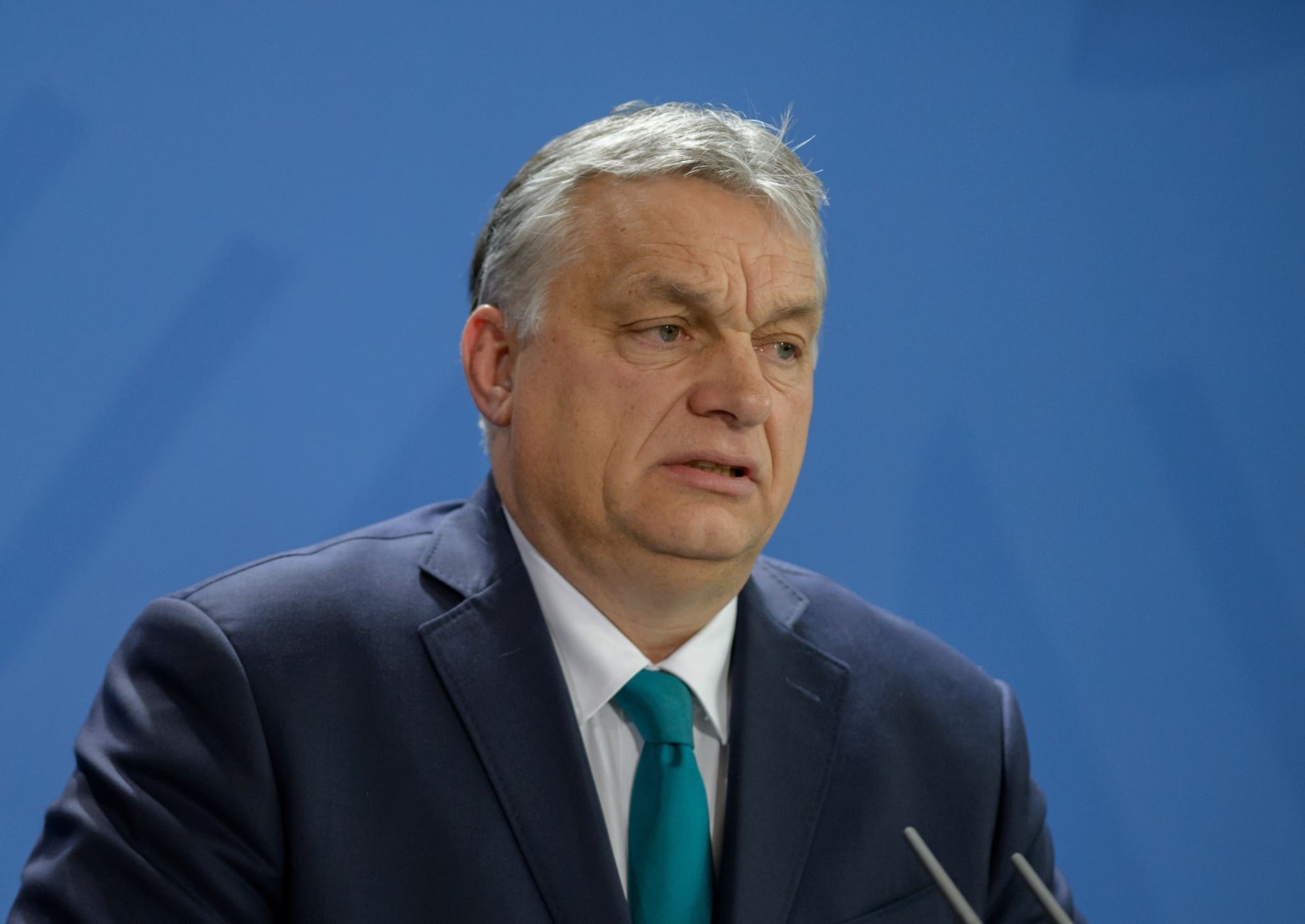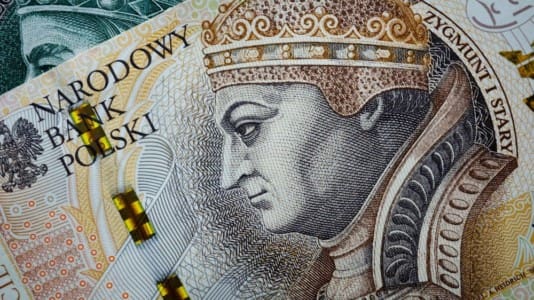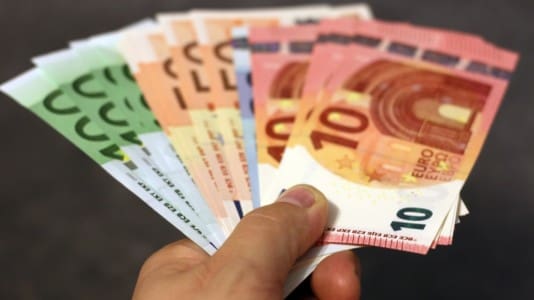Europe has entered an “age of wars,” both militarily and economically, Hungarian Prime Minister Viktor Orbán said in his latest warning over EU sanctions against Russia that have crippled the European economy.
Speaking to Hungarian state radio on Friday morning, the Hungarian prime minister said of the pan-European response to the Russian invasion of Ukraine that “at first I thought we just shot ourselves in the foot, but now it seems that the European economy shot itself in the lung, and that’s why it is now gasping for air.”
He lamented the historic price hikes across Europe as the cost-of-living crisis grows, and claimed the current war in Europe “is not only taking place on the fronts but also in the world economy, or at least in the European economy, and the increase in energy prices is part of that.
[pp id=41905]
“Now, we have to fight for everything we have taken for granted,” Orbán told listeners.
The Hungarian prime minister, who was handed a fresh mandate by the electorate in April, warned that as a result of EU energy sanctions imposed on Russia, there will soon be countries with a severely restricted supply of energy or worse, no source at all. Meanwhile, there will be other countries where there will be gas, but the price will be sky-high.
“We belong to the latter category,” Orbán said.
Hungary recently introduced a 7-point energy emergency plan for the country ahead of what is expected to be a difficult winter for Europe. Under the plan, Hungary is restricting exports of energy and will continue to increase its gas reserves as European neighbors look on with envy.
Earlier this month, European People’s Party President Manfred Weber called on countries with ample gas reserves to share their gas with other nations or be forced to by the European Union, a suggestion firmly dismissed by Hungary’s Minister for Technology and Industry László Palkovics, who referred to it as a kind of “communist” type of confiscation.
[pp id=39737]
Orbán heavily criticized the European Union’s response to the conflict in Ukraine, including the imposition of sanctions, which the Hungarian government objected to.
“The most important thing would be for them to see in Brussels that a mistake was made: The sanctions policy did not fulfill the hopes attached to it; in fact, it had the opposite effect,” Orbán told listeners.
Earlier this week, Russia posted its highest current account surplus since 1994 after recording a $70.1 billion surplus in the second quarter of the year.
“They thought that the sanctions policy would hurt the Russians more than the Europeans, but it hurts us more,” Orbán continued.
The Hungarian leader warned that according to forecasts, the European economy will enter a recession by the end of the year due to the combined effect of the sanctions policy and the Russo-Ukrainian conflict.
“There is still a labor shortage in Hungary,” Orbán said, but advised employed Hungarians to value their work and do everything possible to keep their job because in the coming months, he warned, a European economic downturn is inevitable.






